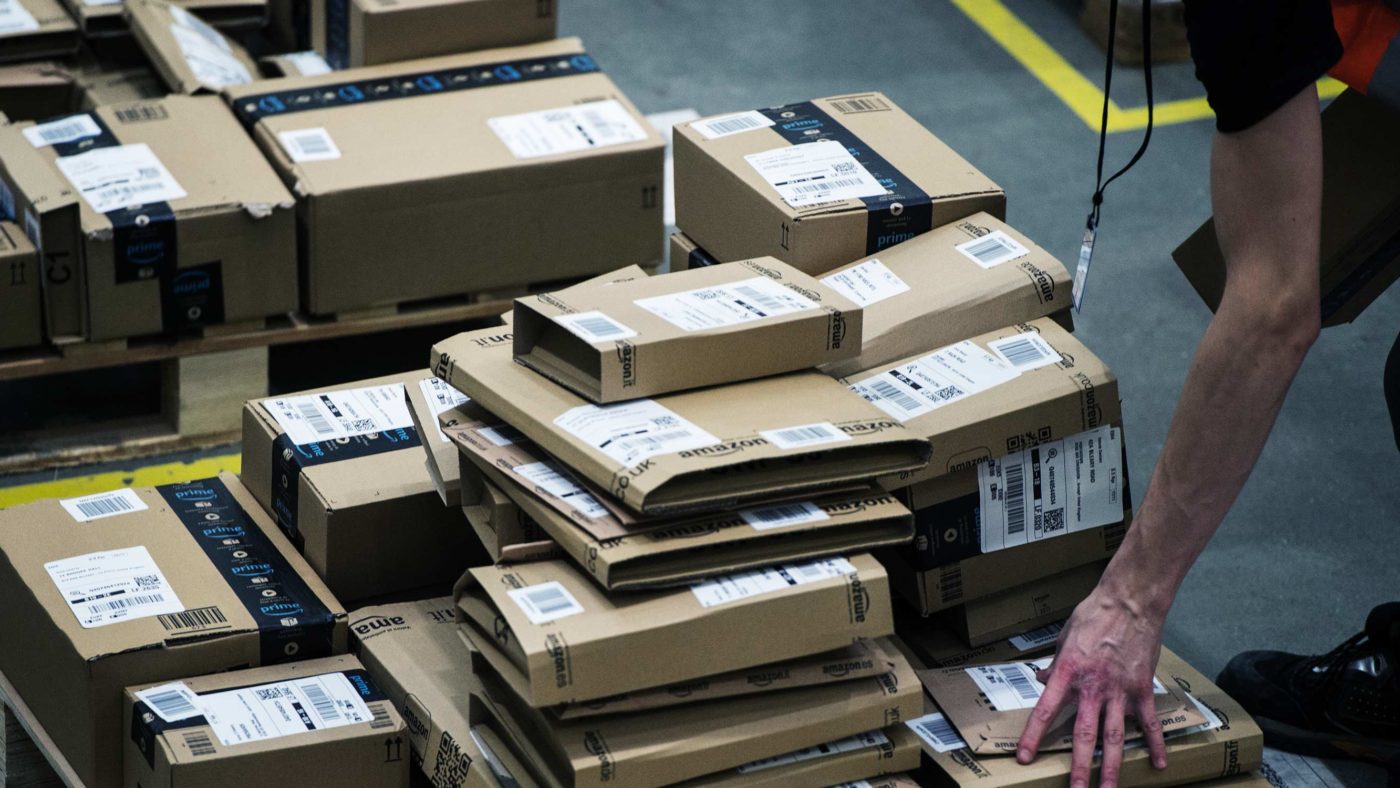Once again, the Chancellor has hinted at his intention to tax online sales and home deliveries. It’s meant to be a response to longstanding complaints from bricks-and-mortar retailers that online retailers have an unfair advantage.
It seems that the Treasury hopes that, by being able to point to the ‘windfall’ profits that large online businesses have gained during the past 18 months, they can enact a distortionary tax policy that will push up prices and do little to solve the problem it claims to help, while at the same time punishing an industry that was a lifeline for many Britons during the pandemic.
There are a number of problems with the proposed tax.
First is the distortionary effect it will have on the economy. The best tax systems in the world are set up to be morally and economically neutral revenue raisers for government spending. The UK, however, has developed a tax system that distorts economic activity towards supposedly preferred outcomes, such as sin taxes pushing up the price of tobacco, alcohol and sugar to attempt to reduce their consumption, or tax breaks to encourage charitable giving. This is part of why our tax code has ballooned in recent decades, tripling in length since 1997 and now 12 times the length of the King James Bible. If you employed someone to read the tax code for 40 hours a week, it would take them two years to finish the job.
So, yet another economic distortion is not the solution, especially when the policy engineered to punish one industry for the problems facing another. After all, this policy would favour one business model – one that requires expensive premises in high streets – at the expense of an arguably more efficient one. New business models evolve all the time, and there is no reason for HMRC to intervene in that. Why should the tax system be adding extra artificial costs on to online sales companies just to protect the high street from problems with their own business model? Will the Government next decide to tax people working from home in order to protect Pret a Manger from the change in commuting patterns? (Just in case anyone from the Treasury is reading, that’s not a serious suggestion.)
That leads us to the next problem – the effect it will have on consumers. As with any tax rise on ‘business’, government too often forgets that ‘businesses’ have no money with which to pay additional taxes – businesses have to find the additional money through either reducing returns to shareholders, cutting their employment costs, cutting capital costs, or increasing prices. There isn’t some magical pile of money deep in the vaults of Amazon (or small British online retailers who would be just as caught up in this new tax regime) to pay additional taxes. The most likely result will be price increases for consumers, meaning that, as low-income people deal with an existing cost of living increase, the Government will be increasing the costs of a range of online products.
But what about the argument that high street shops are uncompetitive because of government interference?
Well, here those who favour an online sales tax do have a point. But they completely miss the solution. If you are being over-taxed and over-regulated compared to your competitors, then the answer is surely to campaign for those restrictions to be removed, rather than to add a whole set of new costs on their competitors.
For example, bricks-and-mortar retailers are right to point to the exorbitant cost of business rates – particularly as they are based on the value of the property a business is based in, rather than local economic conditions or the profitability of the business. This has meant that governments of all stripes have regularly needed to step in and provide rates relief during times of economic contraction, removing much of the revenue benefit to the Exchequer. As my co-author and I wrote in 20 Taxes to Scrap, we would be better off simply scrapping business rates altogether.
And there is a lot more that government, especially local government, can do to improve the situation of the High Street. If councils really care about their high streets they should look closely at parking restrictions, anti-car road layout changes and other local decisions that all combine to make in-person shopping more difficult.
One thing is certain: the online tax is unfair, will cost consumers a fortune, and won’t even solve the problem it’s designed to fix. Treasury sources have said ‘the direction of travel is set’. Let us hope it can be reset before this harmful new tax takes effect.
Click here to subscribe to our daily briefing – the best pieces from CapX and across the web.
CapX depends on the generosity of its readers. If you value what we do, please consider making a donation.


